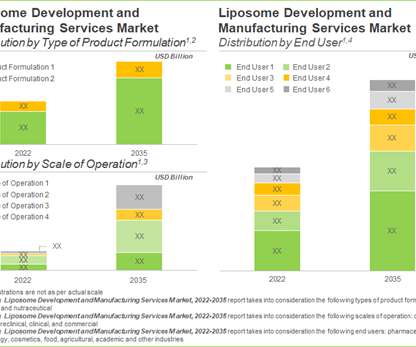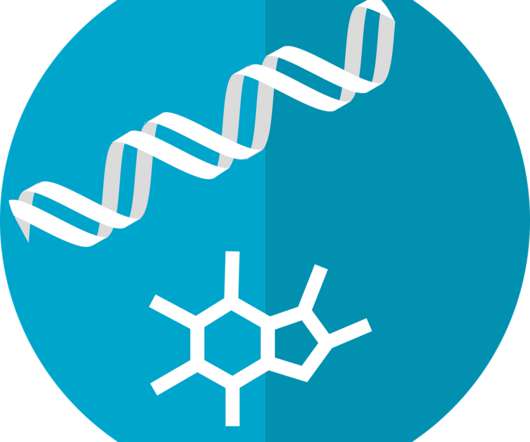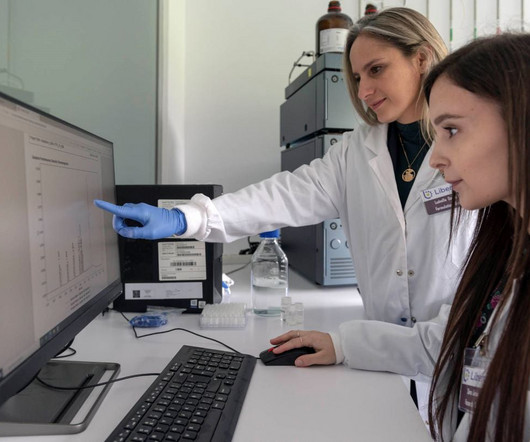Liposomes Development: Service Providers Landscape
Roots Analysis
FEBRUARY 14, 2023
In recent years, liposomes have garnered significant interest of researchers, as well as industry players, owing to their potential in diagnosis and treatment of various diseases, with a focus on delivering drugs and genetic material.













Let's personalize your content